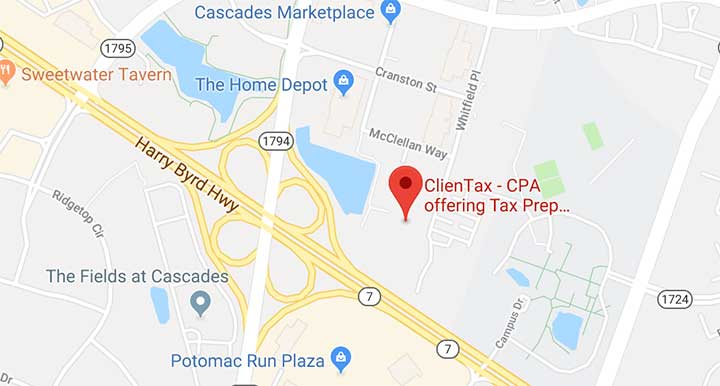Owning a home can be expensive, but a few proven strategies can save on your tax bill by making the most of your property tax deductions.
Here’s a quick guide to the limits on property tax deductions and how to reduce your taxable income and your tax bite substantially as a result.
Income Limits on 2021 Property Tax Deductions
The IRS limits “standard” property tax deductions for individuals to a maximum of $10,000, or $5,000 each for married couples. Additional deductions may be available for those over 65, those suffering from blindness or individuals impacted by a qualified disaster loss. However, the standard deduction is all that’s needed for the vast majority of taxpayers without additional property tax deductions.
Some individuals can’t use the standard property tax deduction amounts. For example, if your spouse uses itemized deductions, if you’re not a US resident, making a filing for less than 12 months, or filing for an estate or trust, common trust fund, or partnership.
Itemize to Save
These deductions will help you decide if you want to include them when you itemize to reduce your taxes instead of using the standard deduction:
- Interest on a mortgage up to $750,000
- Medical expenses more than 10% of your gross income
- Donations to charity
- State or local property taxes up to $10,000.
What’s Deductible?
While there have been some reductions in property tax deductions, some deductions are still helpful in cutting what you owe in taxes. If you chose to itemize your property tax deductions, these items might be deductible depending on your situation:
- Your primary home or a co-op apartment
- Vacation homes or land
- Property owned outside the US
- Cars, RVs, other vehicles and boats.
What’s Not Deductible?
It’s important to know that the IRS does not allow some items for state or local property tax deductions. These include:
- Unpaid property taxes
- Taxes on property you don’t own
- Transfer taxes on the sale of a home
- Neighborhood assessments for building sidewalks, streets, water and sewer systems; but maintenance or repair costs may be deductible
- Homeowner association (HOA) assessments
- Municipal services for sewer, water, garbage removal
- Loan payments for energy-saving home improvements, although the interest may qualify for deduction as part of mortgage payments.
How to Save with Property Tax Deductions
We’ve got four tips to help increase your potential tax savings by using property tax deductions:
- Prepay property taxes – if you expect a large tax bill next year, prepaying your property taxes this year may save you money
- Double-check registrations – your vehicle registration may be a property tax and, therefore, deductible
- Closing documents – if you bought or sold a property, you may have paid property taxes as part of your deal and forgotten to record the payment; check your records as these taxes may be deductible too.
If you’re not simply using the standard $10,000 deduction (for individuals), talk with your tax advisor about your options and potential ways to save with property tax deductions. That could be your wisest financial decision.
Have more questions? Call us at 703.348.6171
Categories: Property Tax




